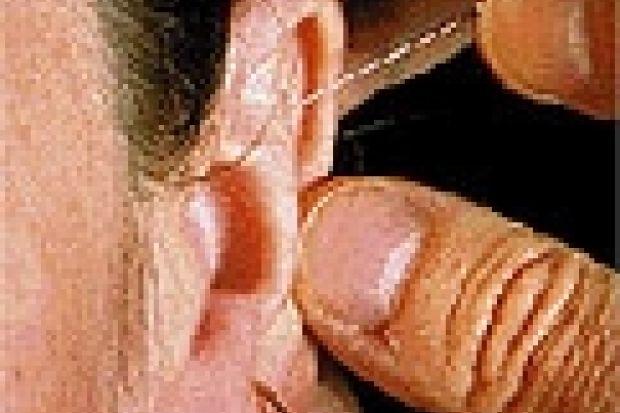Bids from English universities for new medical places could lead to the opening of two medical schools and to a rapid expansion of four-year graduate-entry medical degrees.
The universities of York and Hull have put in a joint bid for about 120 students and the universities of Sussex and Brighton have put in a joint bid for 128 students. They hope to build on their nursing, health professional and postgraduate medical provision.
In its National Health Service plan, announced in July, the government called for 1,000 more medical places on top of the extra 1,000 announced over the past two years. Bids to the joint implementation group of the Higher Education Funding Council for England and the department of health have to be submitted by today.
Bids involving collaborative arrangements, shorter courses and widening participation were encouraged and many contain a number, if not all, of these elements.
At least half the bids are for four-year postgraduate courses, aimed at students with science or other health-related degrees. Nottingham is bidding for 100 such students; King's for 50; Leicester and Warwick for 128 (out of a total bid for 145); Newcastle for 30 (out of 70); Southampton for 60; St George's for 35; and Oxford for ten.
A number of universities without medical schools have put in bids with established schools. Hertfordshire has put in a bid for 100 students on a four-year programme in collaboration with Imperial College School of Medicine.
Bradford has put in a bid with Leeds Medical School for almost 50 students. The biggest bidder is Manchester, which wants to expand its collaboration with Keele by 230 students.
In a partnership with the Open University, Bristol is bidding for 131 places. The university was one of the few not to increase its places in the last bidding round. Half the places are in collaboration with the OU, while the rest are for four-year postgraduate courses.
The OU has put in bids with at least six other English universities. Students will do the first two years of their medical degree over three years through the OU, then transfer to the partner institution to complete the degree.
The OU has also been consulting with Queen's University, Belfast, and Cardiff Medical School. Expansion there will depend on the approval of the national assemblies. Cardiff hopes to establish a second campus at Swansea.
It is estimated universities have bid for nearly 2,000 students.
• Medical and nursing students should study complementary and alternative medicine (Cam), according the House of Lords Science and Technology Select Committee, writes Caroline Davis.
Lord Walton's sub-committee, which reported the results of a year's research this week, said medical students should be prepared for dealing with patients using or interested in Cam.
It praised Southampton University's medical school for its Cam module, but said provision of such courses was "too uneven". It was concerned that nursing schools rarely provide Cam training. It said familiarisation should be included in the undergraduate nursing curriculum.
Register to continue
Why register?
- Registration is free and only takes a moment
- Once registered, you can read 3 articles a month
- Sign up for our newsletter
Subscribe
Or subscribe for unlimited access to:
- Unlimited access to news, views, insights & reviews
- Digital editions
- Digital access to THE’s university and college rankings analysis
Already registered or a current subscriber?
